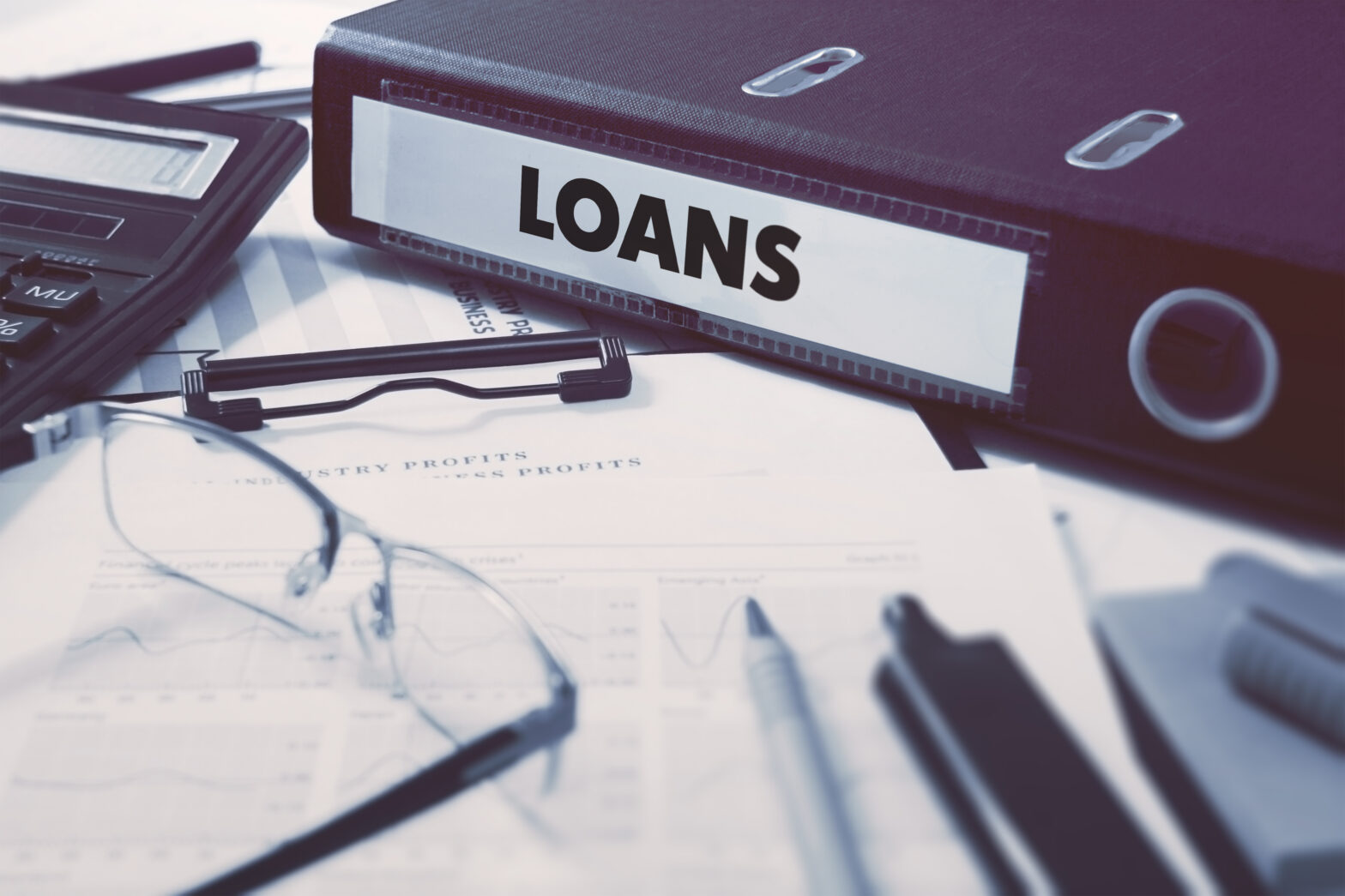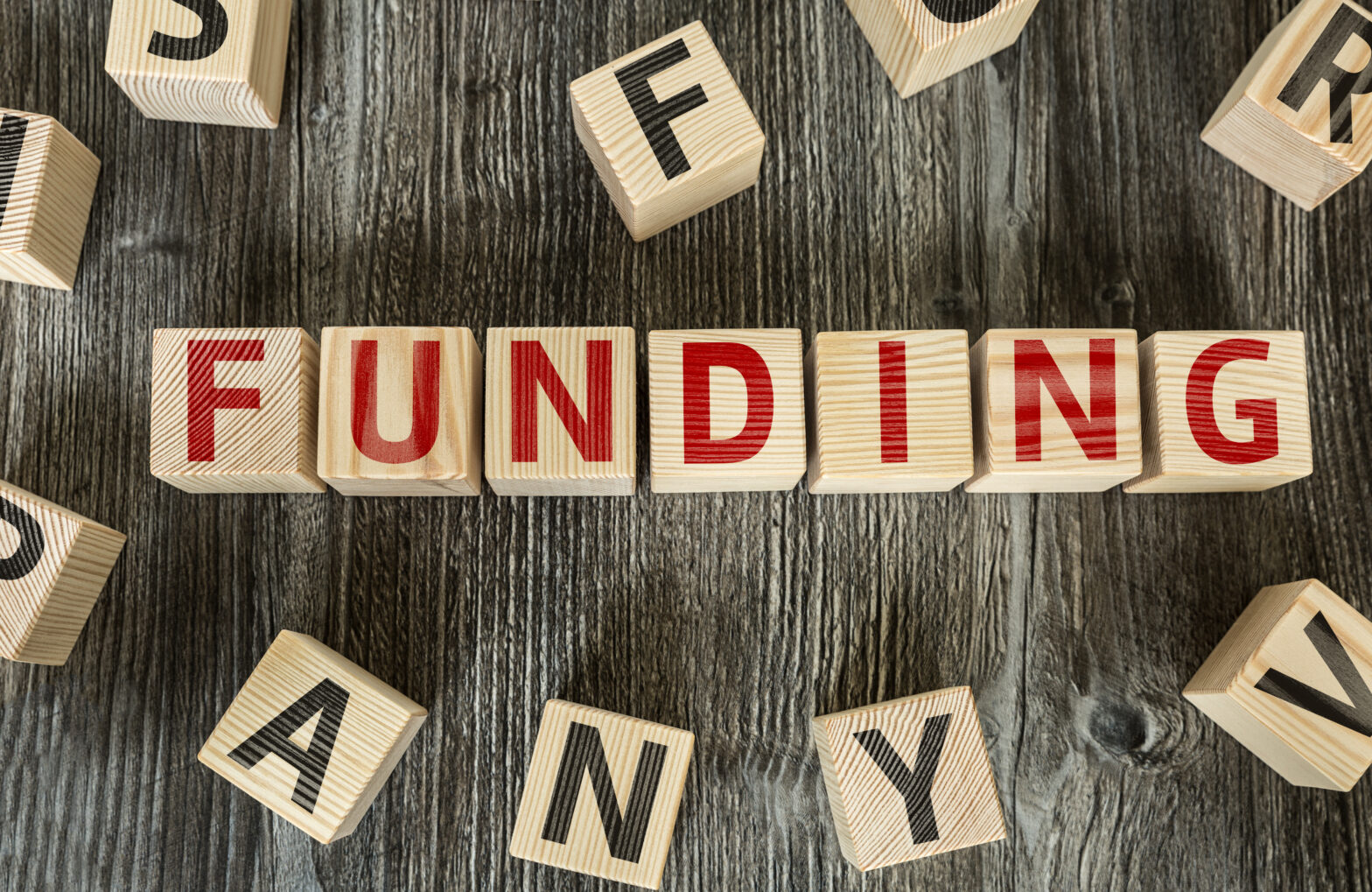Most people approach banks for a personal loan, making an agreement to repay the borrowed amount on a designated schedule. The term “personal loan” is actually an umbrella term that is used to describe several types of loans, which we’ll discuss here.
Personal loans can be used for any purpose. In most cases, you’ll have to outline the purpose of the loan before you will be accepted, so the lender can determine whether he is willing to take the risk on you and lend you the funds. Examples of the kinds of things people take out personal loans for include debt consolidation, to pay for post-secondary education, a dream vacation, to renovate one’s home, or to help finance their child’s wedding.
There are two basic subcategories of personal loans: secured personal loans and unsecured personal loans. An unsecured personal loan, as the name suggests, does not require the backing of any collateral security. Because you have not put up any personal collateral against the loan, there is no risk of losing your assets if you default on the loan. Examples of unsecured loans include payday advances and cash advances. The downside of these loans is that because they have no recourse if you don’t repay the loan, the lender will likely charge more in interest and will require you to pay the loan back more quickly.
Secured personal loans are generally more relaxed for both the borrower and the lender. Because the borrower puts up collateral against the loan (such as a home) the lender can breathe more easily in that they won’t feel compelled to places as many requirements on your loan. What this looks like in practice is that the lender will be likely more willing to offer you the best interest rate and a longer repayment schedule. With a secured personal loan, you (the borrower) will bear the brunt of the risk in this arrangement. If you don’t repay your loan on time, you could lose the asset you put up against the loan as collateral.
Personal loans, like any other loan, are offered based on the credit history of the applicant. If you have good credit, you’ll not only have an easier time finding a lender willing to take a chance on you, but you’ll probably also get a better deal. That’s not to say that all hope is lost when you have bad credit. There are specific bad-credit lenders that specialize in high-risk loans. The trick is finding the right lender to work with you.
Personal loans can be a great option for a variety of personal needs, whether you need to consolidate your debts or to remodel your home. The terms of the loan will depend largely on your credit history, your ability to post collateral against the loan, and other factors. From banks to private lenders, there are always options out there for when you find yourself in need of a little – or a lot – of extra cash. Click here for more information.







